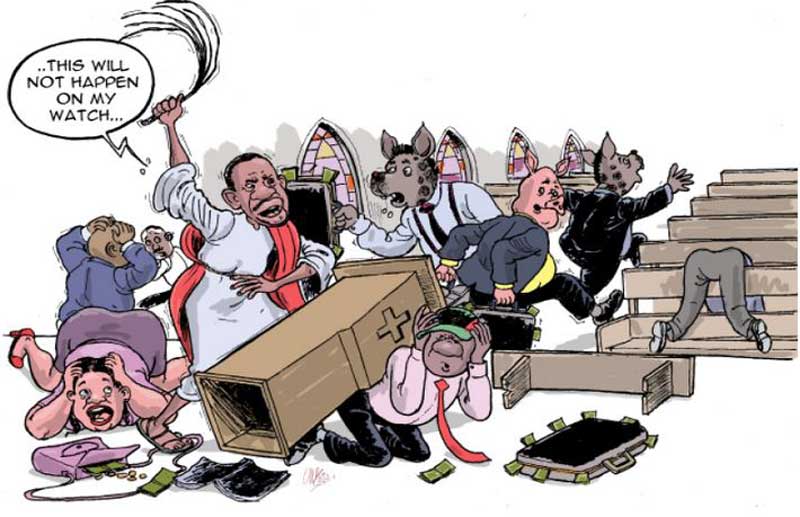×
The Standard e-Paper
Kenya’s Boldest Voice

“Let everyone be subject to the governing authorities, for there is no authority except that which God has established. The authorities that exist have been established by God.” Romans 13:1